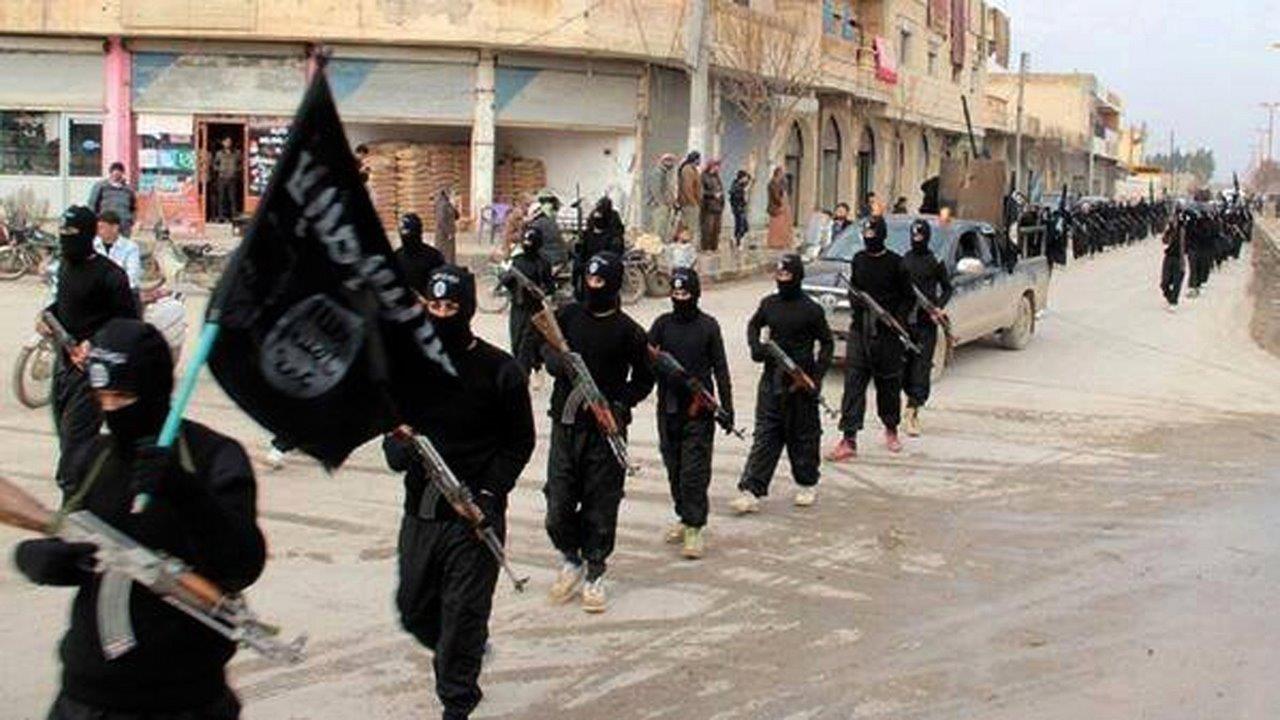ISIS Attacks the New Normal?
In the wake of terror attacks in Brussels, Belgium and reports ISIS has trained 400 fighters and sent them to Europe, Adam Ereli, former State Department spokesman and ambassador to Bahrain, weighed in on the fight against ISIS and efforts to prevent terrorism.
“I hate to say it but I really think we are facing the new normal. The fact of the matter is, there is a toxic mix of radicalized youth, availability of arms, a lack of governance in large spaces in the Middle East, an interconnected world that makes travel so much easier and finally, a lack of law enforcement and security infrastructure in Europe that makes it a prime target,” said Ereli.
He also had a bleak outlook on efforts to end terrorism.
“As horrible as it is, free societies can’t make themselves 100% safe and like I said, I’m afraid we’re going to have to learn to live with this.”
Despite that outlook, Ereli explained why people should have higher expectations for how governments are handling the war on terror.
“Having said that, citizens should have the right to expect more from their government. I think there are a number of lapses in this latest incident that show areas where they can improve. But again, it’s going to take time, it’s going to take money, it’s going to take people, it’s going to take training and that doesn’t happen overnight – so get ready for more basically.”
Ereli also weighed in on concerns about Iran and its role in terrorism.
“I think what Bahrain and Saudi Arabia, the best thing they are doing, is they are on the front lines against Iran. The fact of the matter is, Iran is responsible for using religion for purposes of state terror.”
Ereli continued, “The model of marrying religious extremism to armed struggle and deploying that in terror units, you know, Iran is the architect and designer and expert par excellence of that sort of tactic.”
He then explained how the U.S. should deal with Iran politically.
“So, really, if you want to look at where the U.S. should be putting its political and technical capability and capital, it’s with friends like Saudi Arabia and Bahrain and United Arab Emirates and the other countries of the Gulf – not Iran”




















